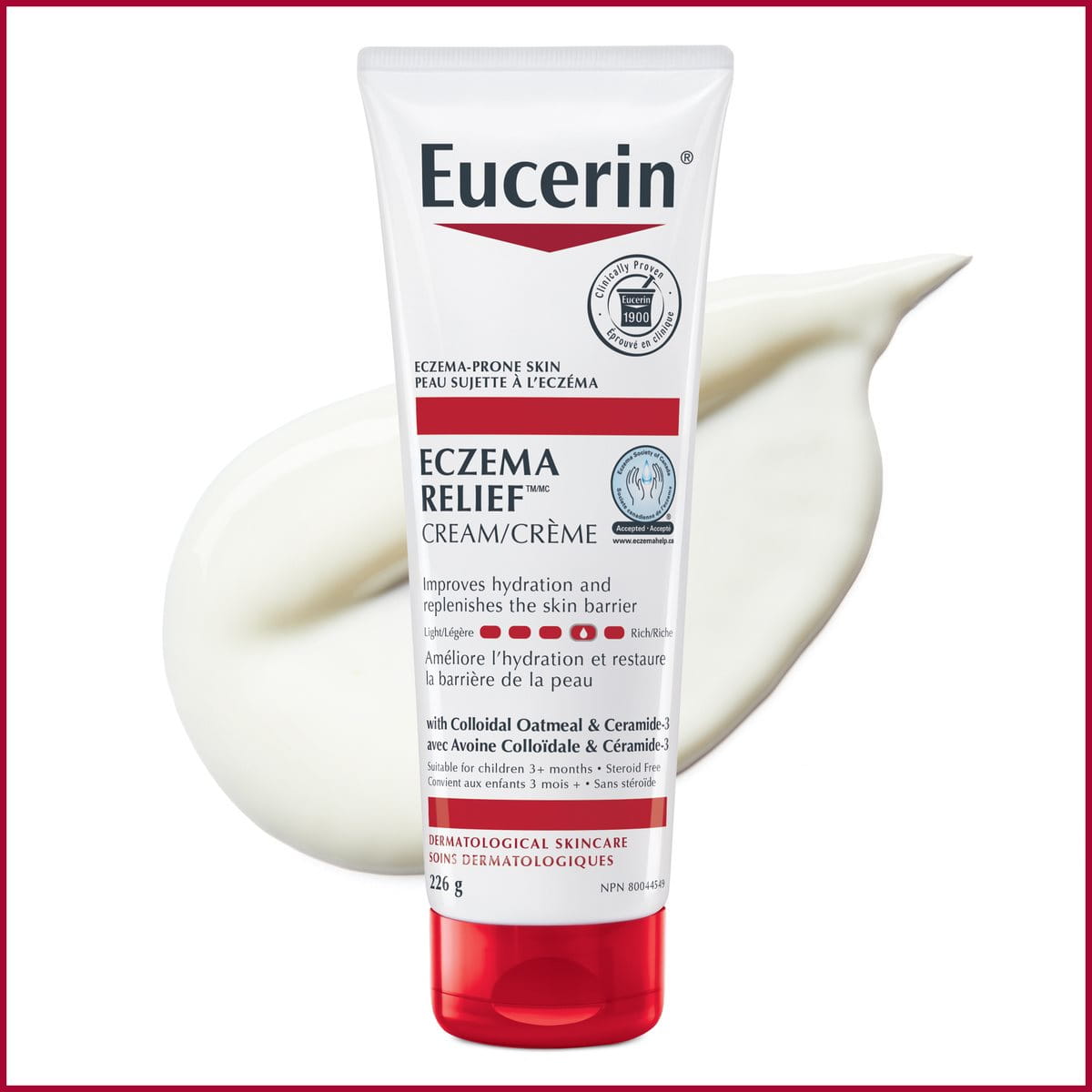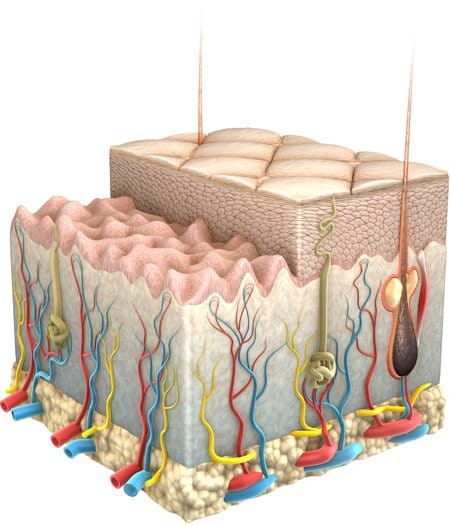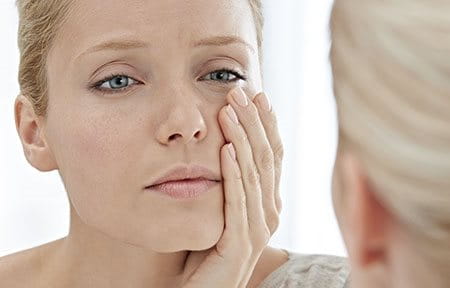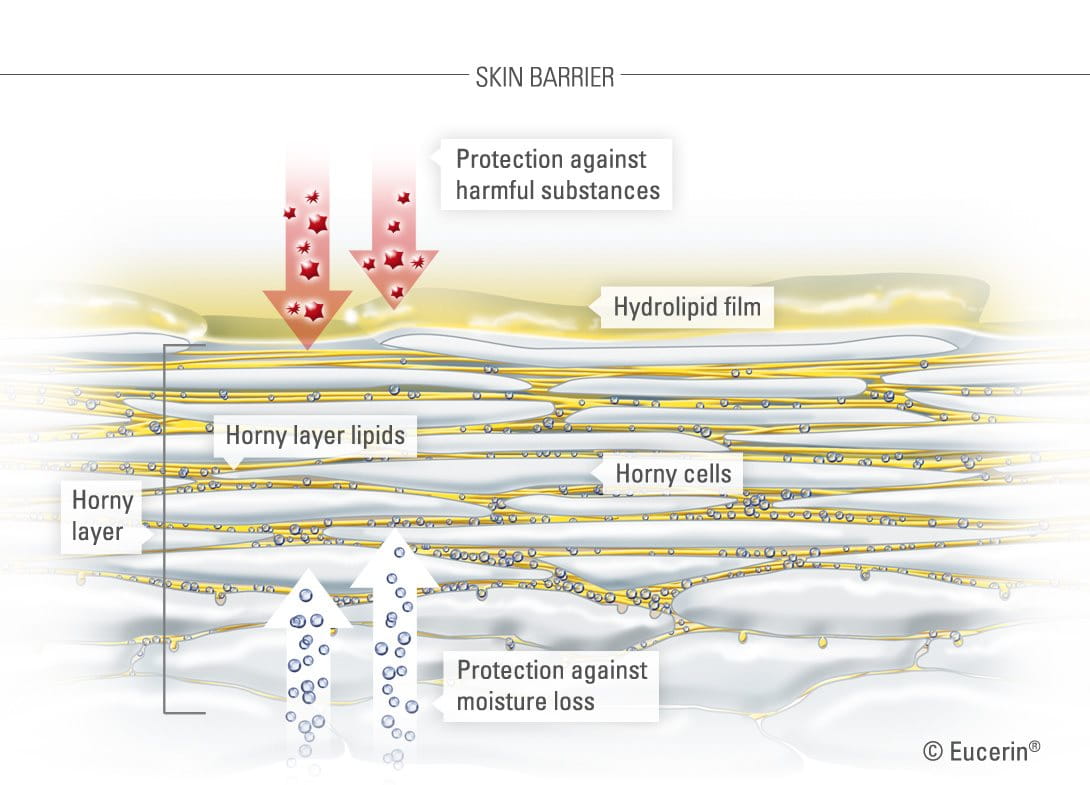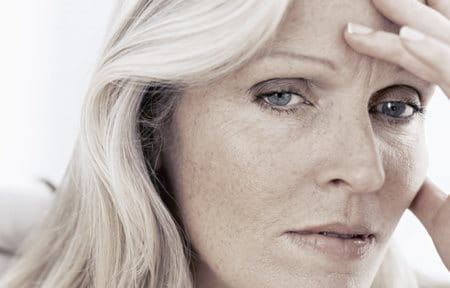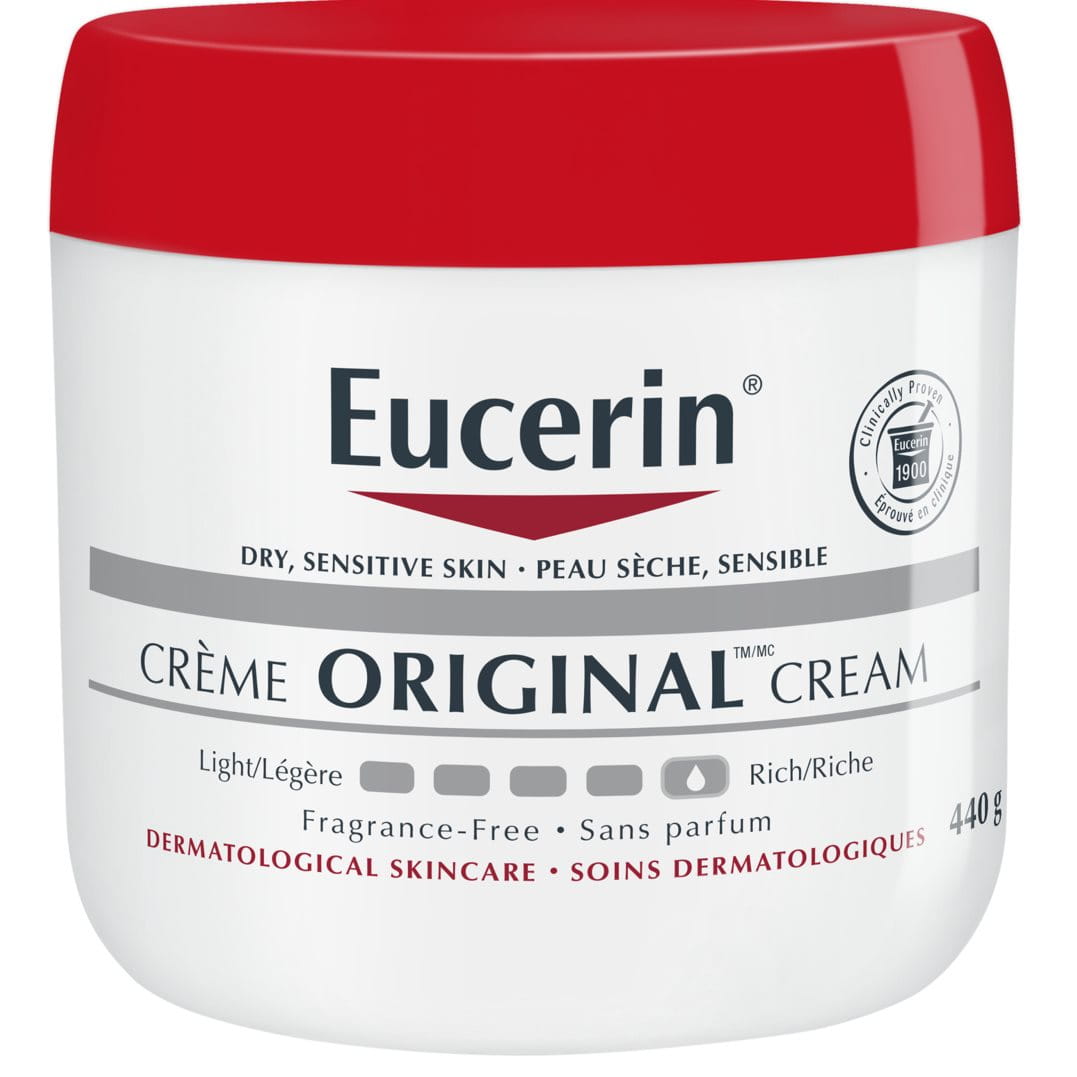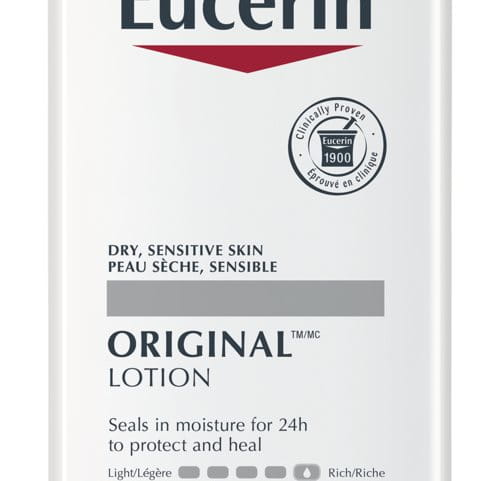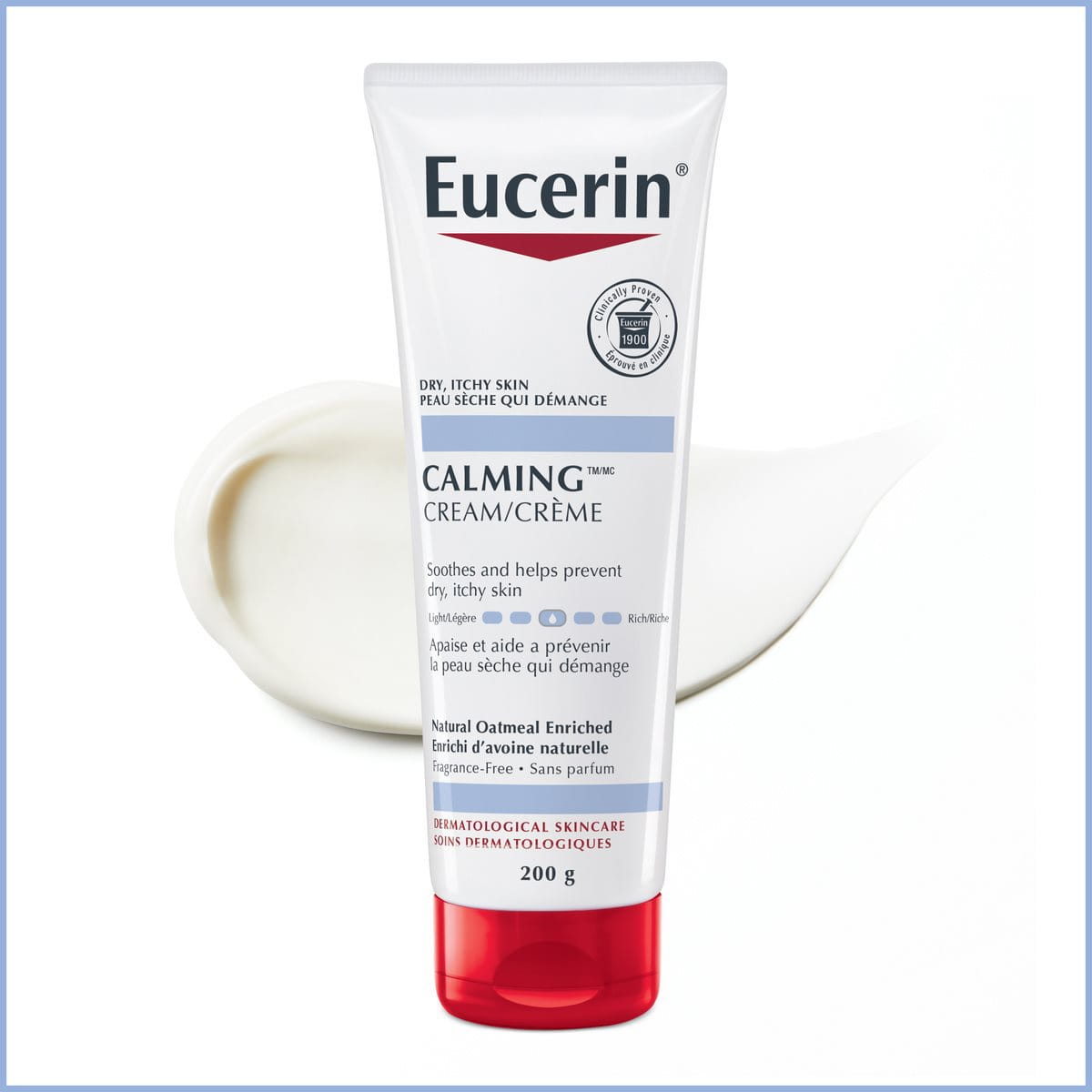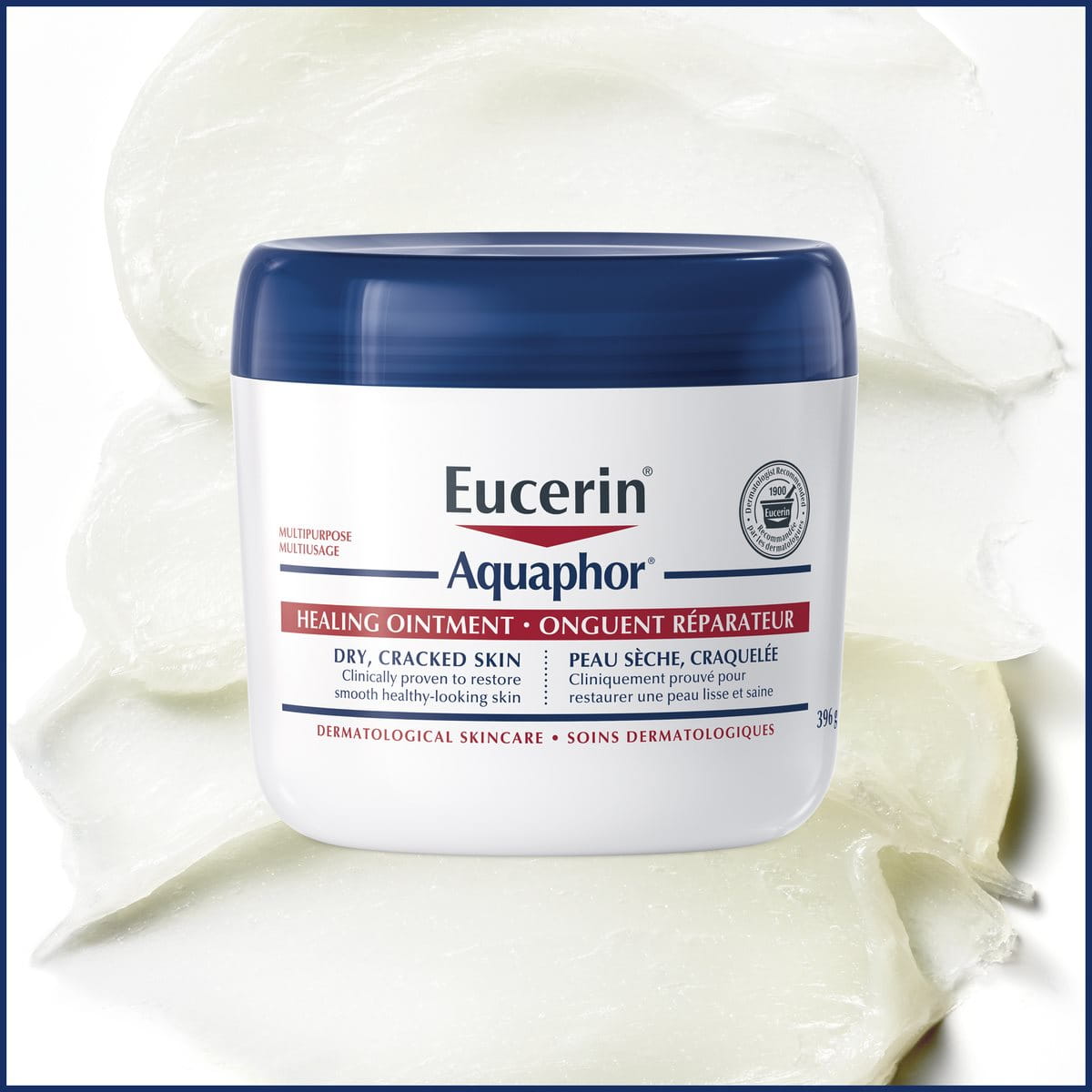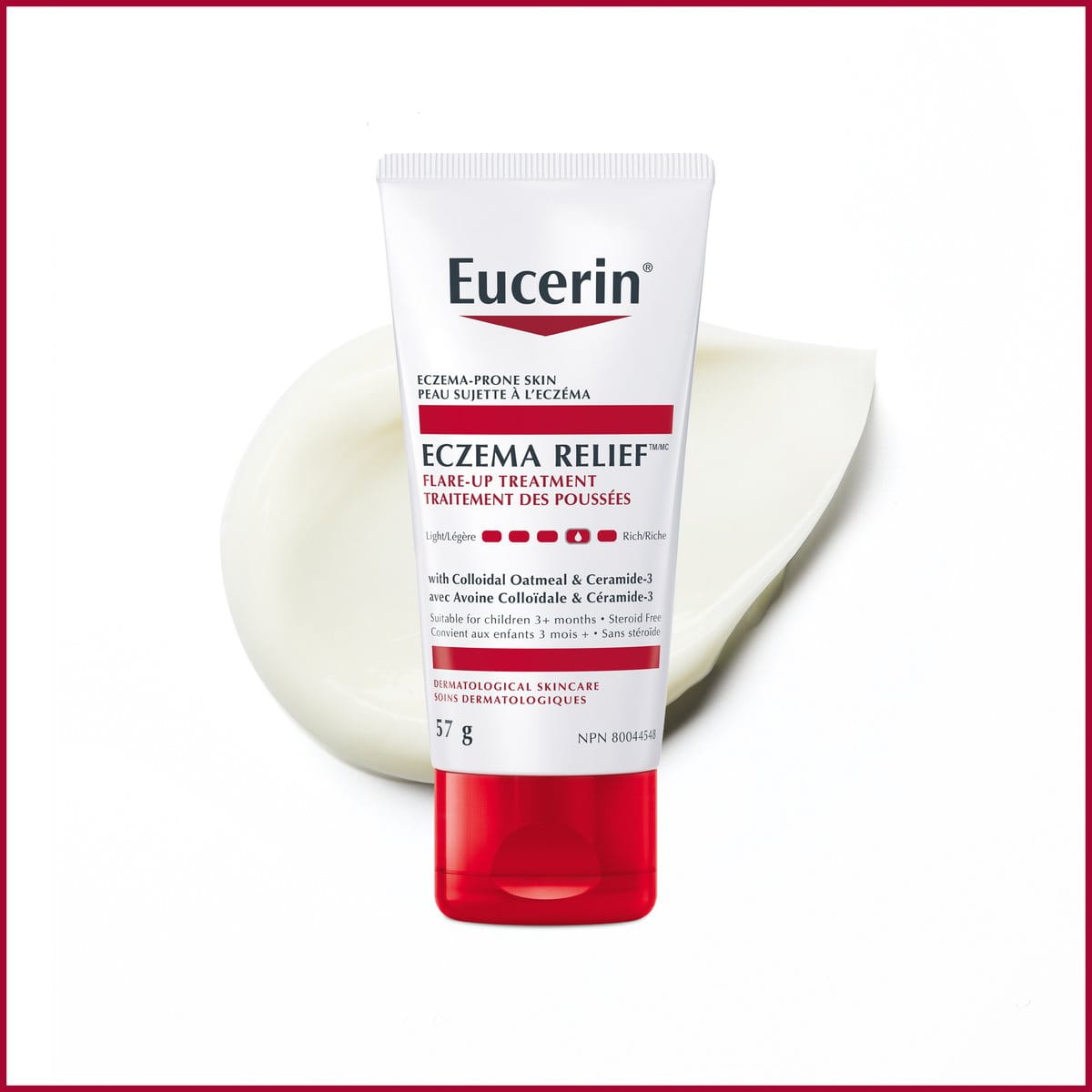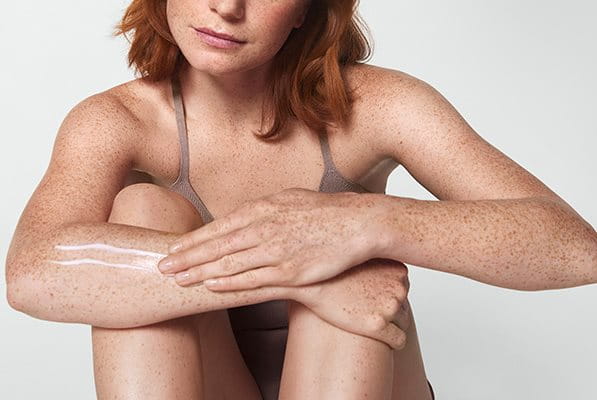This website serves the purpose of providing general information and does not in any way replace medical or specialist advice. Consult a healthcare practitioner if symptoms worsen or persist.
Skin can become sensitive for many reasons, and any time in life, from babyhood to old age. It occurs when skin’s protective barrier function is compromised, causing skin to become susceptible to external irritants, such like bacteria, chemical substances, allergens or others. Symptoms can appear on the face, body and scalp, and include redness, scaling and swelling. These can be itchy and disturbing in everyday life and can result in intense physical discomfort. While some people are predisposed to these ‘outbreaks’ of the condition, others are surprised by these sudden ‘skin moods’. Sensitive skin often reacts unpredictably and can appear anywhere on the body.
Understanding the importance of skin’s natural defences, and the factors that weaken them, can help to decode this ‘skin talk’. The unpredictability of sensitive skin means that in many cases, effective solutions are about prevention rather than cure. The aim therefore, is to control and minimise its causes and stimuli.
